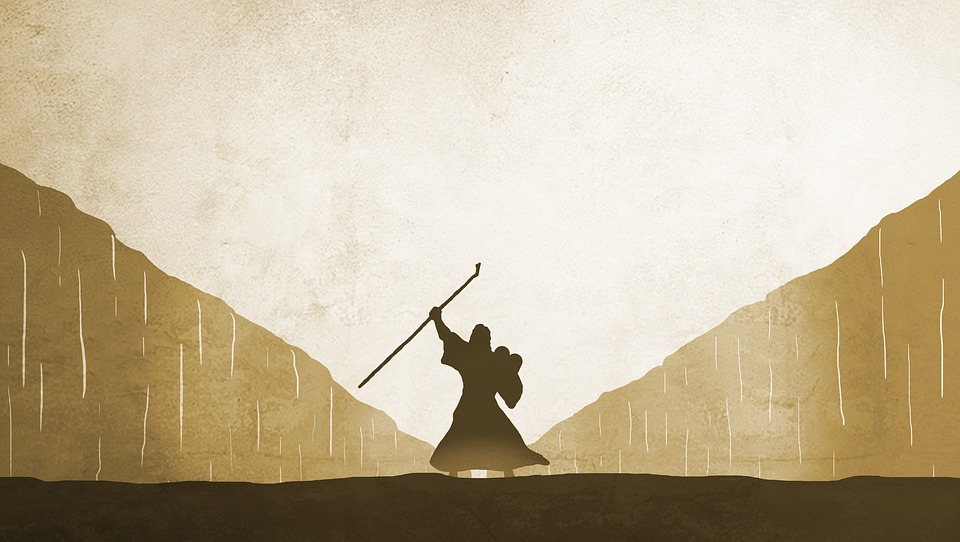
The Assyrian Empire, which emerged in the 2nd millennium BC, was one of the most powerful empires in ancient history. Their success was mainly attributed to their highly organized and efficient military. The Assyrian army was considered the most formidable and well-trained army of its time, and it was instrumental in expanding the empire’s borders through military conquests. In this essay, we will explore the main military achievements of the Assyrian Empire.
The Rise of the Assyrian Empire
The Assyrian Empire emerged in the northern region of Mesopotamia, in what is now modern-day Iraq. The early Assyrian state was relatively weak and was often dominated by other regional powers such as the Akkadian Empire and the Babylonians. However, during the reign of King Ashur-uballit I (1353-1318 BC), the Assyrian state began to assert its independence and expand its territory through military conquests.
Ashur-uballit I was able to unite the Assyrian city-states and establish a centralized government. He also formed a well-trained army that was able to defeat the invading Mitanni army in the Battle of Nishri in 1318 BC. This victory marked the beginning of the Assyrian Empire’s rise to power.
Military Organization
The Assyrian military was highly organized and efficient. It consisted of various units, each with its own specific role. The army was divided into infantry, cavalry, and chariot units. The infantry was composed of foot soldiers armed with spears, swords, and shields. The cavalry was made up of skilled horse riders armed with bows and arrows, while the chariot units were composed of two-man crews, one driver and one archer.
The Assyrian army was also divided into regiments, each consisting of 600 soldiers. The regiments were further divided into companies of 200 soldiers and platoons of 50 soldiers. This organization ensured that the army was well-coordinated and able to respond quickly to any situation.
The Assyrian army was also equipped with advanced weaponry for its time. They used bronze-tipped arrows, iron-tipped spears, and swords, as well as siege weapons such as battering rams and catapults. The Assyrians were also among the first to use iron weapons, which gave them an advantage over their enemies.
Military Tactics
The Assyrian army was known for its innovative military tactics. One of their most effective tactics was the use of chariots. The chariot units were used to create openings in the enemy’s lines, allowing the infantry and cavalry to advance. The Assyrian chariots were also equipped with scythed blades on the wheels, which could cut down enemy soldiers.
The Assyrian army was also known for its use of psychological warfare. They would often use fear to intimidate their enemies by displaying the heads of defeated enemies on spikes and impaling prisoners of war. This tactic was used to create fear and demoralize the enemy, making them more susceptible to defeat.
Siege Warfare
The Assyrians were also highly skilled in siege warfare. They used advanced siege weapons such as battering rams and catapults to breach city walls. They also dug tunnels under walls to weaken them and create openings for their troops to enter.
The Assyrians were also known for their use of siege towers. These were tall wooden structures equipped with ladders and ramps that could be used to scale city walls. The Assyrians would also use fire as a weapon by setting the enemy’s defenses on fire using flaming arrows or by pouring flammable liquids over them.
Military Campaigns
The Assyrians were known for their aggressive military campaigns. They were constantly expanding their borders through military conquests, which led to the formation of one of the largest empires in ancient history.
The Assyrians launched numerous military campaigns throughout their history, and their conquests extended from modern-day Iraq to Egypt and parts of Iran and Turkey. Some of their most notable military campaigns include:
Conquest of Babylon – In 689 BC, King Sennacherib of Assyria led an army to conquer Babylon. The Babylonians, who had previously rebelled against Assyrian rule, were defeated, and the city was sacked. The Assyrians destroyed the city’s walls and temples, and many of the city’s inhabitants were taken as slaves.
Conquest of Egypt – The Assyrians also launched a successful military campaign against Egypt in 671 BC. The Assyrian army, led by King Esarhaddon, defeated the Egyptians and captured their capital city of Memphis. The Egyptians were forced to pay tribute to the Assyrians, and the Assyrians established a governor in the city of Thebes.
Siege of Jerusalem – In 701 BC, the Assyrians launched a siege on the city of Jerusalem, which was under the rule of King Hezekiah of Judah. The Assyrians, led by King Sennacherib, demanded that the city surrender, but Hezekiah refused. The Assyrians then surrounded the city and cut off its water supply. However, the city was miraculously saved by divine intervention, and the Assyrians were forced to retreat.
Conquest of Media – The Assyrians also launched a successful military campaign against the Medes, who were a powerful kingdom in what is now modern-day Iran. The Assyrian army, led by King Ashurbanipal, defeated the Medes and captured their capital city of Ecbatana. The Medes were forced to pay tribute to the Assyrians, and Assyrian control over the region was established.
Legacy of the Assyrian Military
The Assyrian military’s success was due to their innovative military tactics, efficient organization, and advanced weaponry. Their military achievements paved the way for future empires to follow in their footsteps, including the Persians and the Greeks.
The Assyrian Empire’s legacy also extends beyond the military realm. Their cultural and artistic achievements, such as their intricate relief carvings and their contributions to literature, continue to inspire and fascinate people to this day.
Conclusion
In conclusion, the Assyrian Empire’s military achievements were significant in shaping the ancient world. Their well-trained and organized army, advanced weaponry, and innovative military tactics allowed them to conquer vast territories and establish one of the largest empires in history. Their legacy continues to inspire and influence military tactics and strategies to this day.







